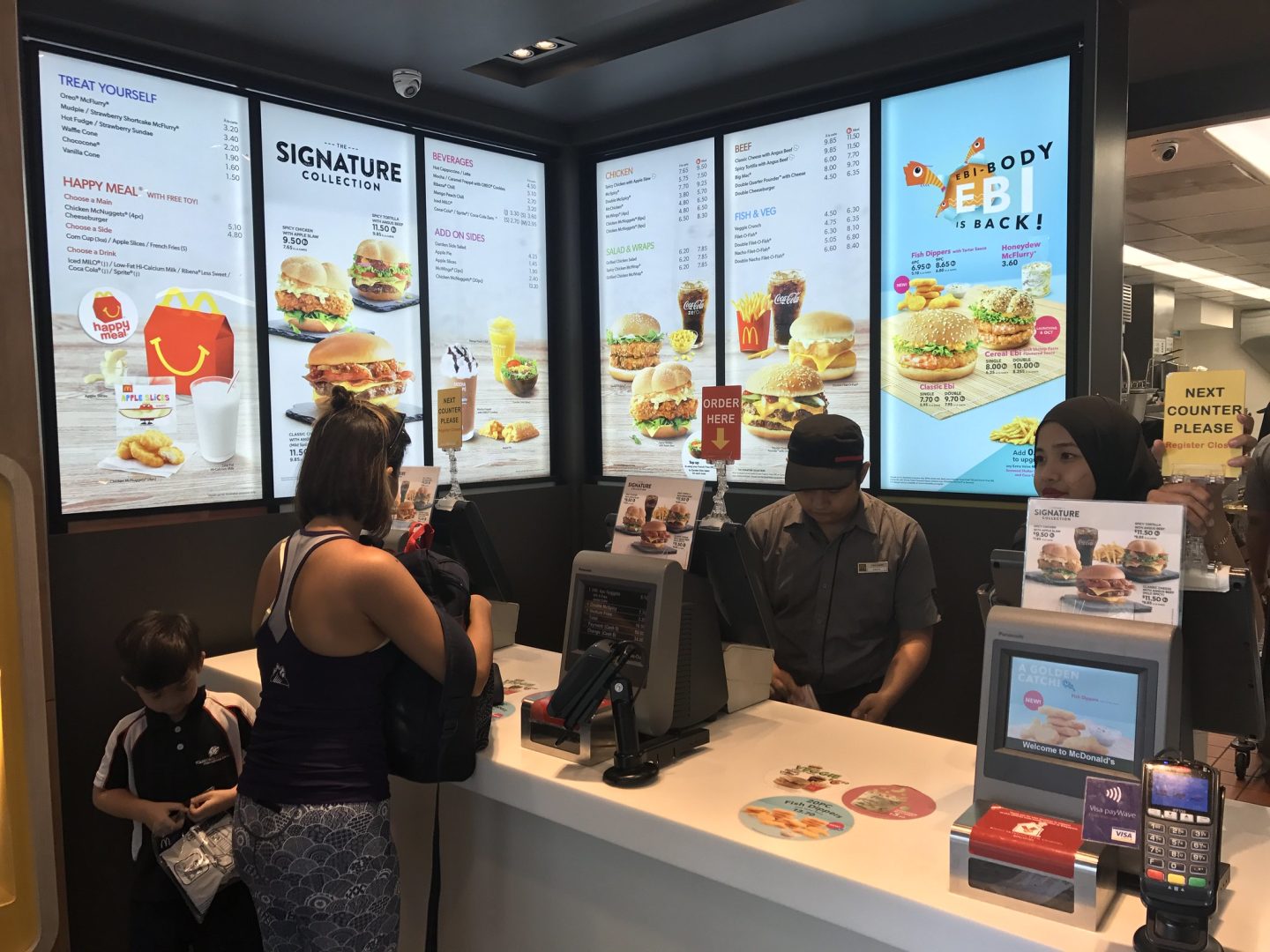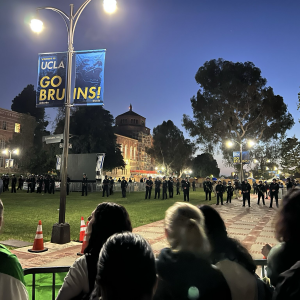 View Winners →
View Winners → 
McDonald’s restaurant. | Photo by albedo20 CC BY-NC-ND 2.0 DEED
California fast food workers at chains with more than 60 national locations now earn $20 per hour, a jump from the state’s broader $16 per hour minimum wage, thanks to a new state law that went into effect on Monday. Governor Gavin Newsom noted that there are over half a million fast food workers in the state, underlining the widespread impact of the law.
Some restaurant chains, including franchises like Papa John’s and Pizza Hut, have already responded by reducing their workforce and increasing menu prices. Matthew Haller, president and CEO of the International Franchise Association, expressed concerns to CNBC that these mandated costs may lead to higher prices and potentially fewer jobs. Major franchises such as McDonald’s, Wingstop, and Chipotle Mexican Grill have indicated they will transfer these higher labor costs to consumers.
The repercussions of the wage increase extend beyond the fast-food industry, affecting sectors like retail and hospitality, which rely on hourly wage workers and may now face pressure to raise their wages to compete for employees. Labor experts believe that the economic effects will ripple through the job market.
Daniel Zhao, lead economist for Glassdoor, suggested to CNBC that industries outside food service, such as retail and hospitality, could feel pressure to increase wages. He also highlighted that the pay hike could reintegrate workers who had left the food industry for better-paying jobs, such as those at Amazon warehouses or in rideshare services. Additionally, the higher wages could benefit the economy by giving workers more disposable income.
However, workers at some locations are exempt from the law. For instance, a discrepancy arises for fast-food workers within retail establishments that are not primarily grocery stores. Under the legislation, these employees are entitled to $20 per hour only for the time spent working in the fast-food section. This has led to confusion, prompting the Department of Industrial Relations to release a FAQ to address uncertainties as businesses adjust to the new wage regulations.
This law, backed by the Service Employees International Union (SEIU), has not been without controversy. A referendum was halted after an agreement was reached in September, which led to adjustments in the legislation. Some groups are still seeking further clarity on exemptions, notably for certain bakery operations and in-store fast-food outlets. The question of compliance also extends to ice cream parlors and take-and-bake pizza shops.
Looking ahead, more states could be following California’s example with the SEIU actively seeking similar legislation elsewhere. Mary Kay Henry, president of SEIU, has identified New York, Washington, and Illinois as potential targets for future campaigns aimed at raising the minimum wage for fast-food workers.









































































































